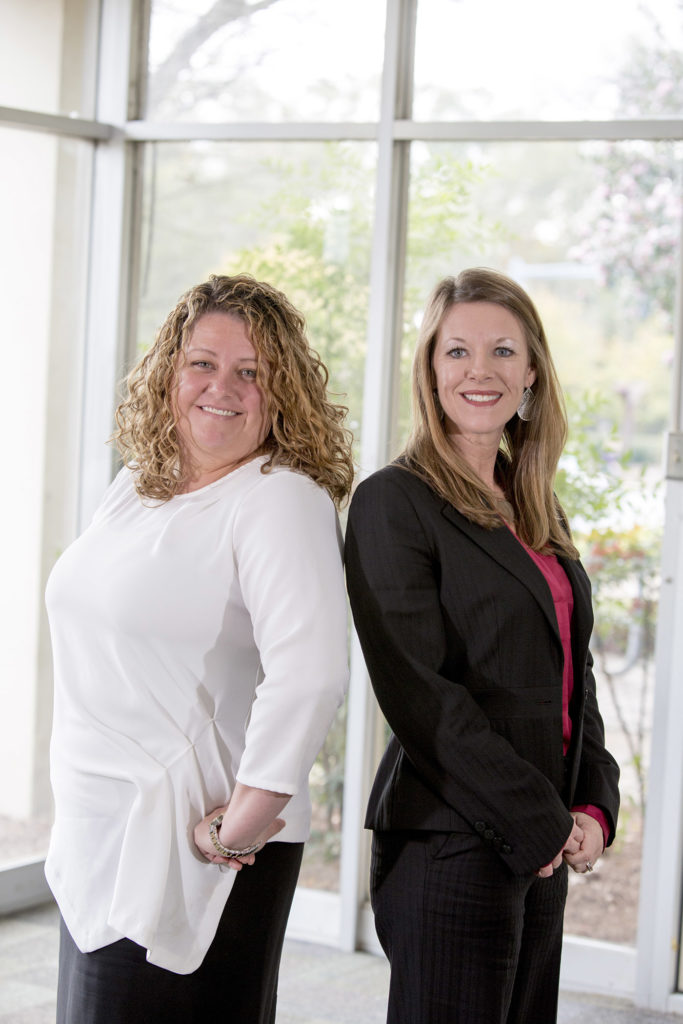The Office for Sponsored Programs and Contracts and Grants merged at the beginning of the fall semester into a single unit called Sponsored Projects Administration to streamline and improve the efficiency and effectiveness of research administration at UGA.
The combined unit, recommended by faculty and administrative groups, came to fruition through a combined effort of the Office of the Senior Vice President for Academic Affairs and Provost, the Office of the Vice President for Research and the Division of Finance and Administration.
“The creation of Sponsored Projects Administration underscores this university’s commitment to its faculty members, who should experience the highest level of service as they compete for and manage funding that enables them to advance health, security and our land-grant mission of service,” said Pamela Whitten, senior vice president for academic affairs and provost.
Over 30 Sponsored Projects Administration staff, now co-located in Tucker Hall, work in teams under the Sponsored Projects umbrella to meet the needs of UGA faculty as well as the staff who support researchers in their departments. Sponsored Projects Administration is directed by two UGA staff members with extensive experience in research administration: Cathy Cuppett, director of pre-award activities and director of the Office for Proposal Enhancement in OVPR, and Allison Davis, director of post-award accounting and associate controller in University Business and Accounting Services.
Cuppett and Davis report to Carl Bergmann, associate vice president for research. Post-award accounting has fiscal compliance reporting responsibilities to the Controller’s Office.
The two directors talked about how Sponsored Projects Administration has changed UGA researchers’ experience with proposal submission and grants administration, and what’s next.
Columns: What’s different now for UGA researchers?
Cuppett: Faculty members now have a centrally located team of research administrators who assist them instead of disparate individuals around campus. They can make one call or send one email to any team member and get their questions answered correctly, quickly and in full compliance with all the applicable rules and regulations.
We want faculty and their departments to feel more supported across the full spectrum of research administration activities-from proposal preparation, submission, resubmission, award negotiation, award acceptance to award setup, invoicing and reporting.
We want them to think of the team of individuals who assist them as “their” team and think of Sponsored Projects as “the place that can help me.”
Davis: Since both pre- and post-award staff are in the same building, we can more easily collaborate on answering complex questions, and researchers and departments are seeing clearer responses to inquiries about their sponsored projects.
There’s more communication, so all involved have a better understanding of everyone’s responsibilities. This is a great benefit to the researchers, since they typically go to their department business managers and accountants first when they have questions.
Columns: What changes can researchers look for in the near future?
Davis: Researchers can look for improved customer service, improved communication of business process improvement and the enhancement of research administration support.
Cuppett: Sponsored Project Administration teams are visiting their departments to meet researchers face-to-face and talk about their research. Putting names with faces has made our work more rewarding and given us a personal connection to the documents we see. Instead of just making an award, we know we are helping specific faculty further their research. In the next few months we will be visiting additional departments. We are looking forward to meeting researchers across campus.
We will also be working to further automate some research administration functionality in the e-Research Portal, including prompts for no-cost extension requests, and a more user-friendly budget module. Finally, we are improving our training opportunities for research administrators around campus.
